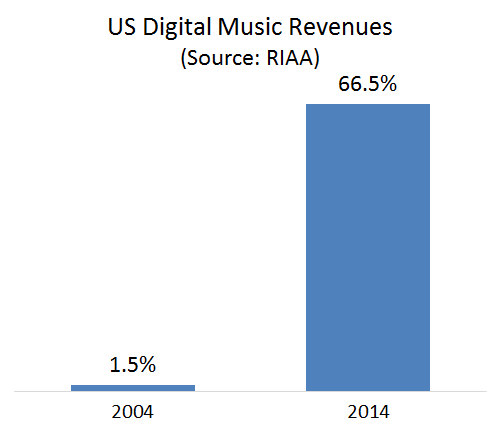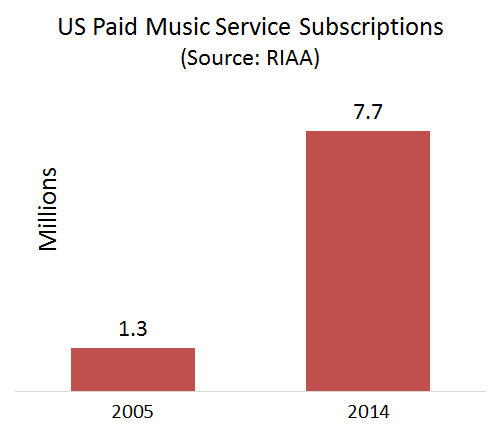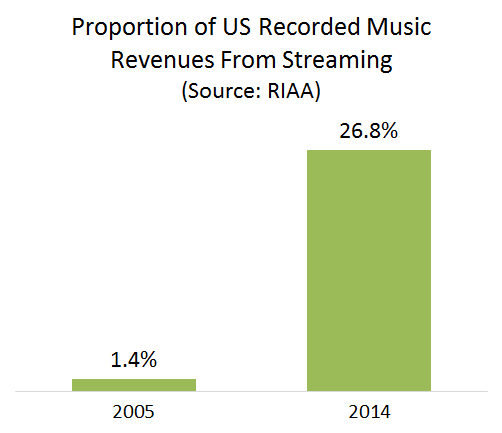News
June 22, 2015 | Music Notes Blog
The Grokster Decision – 10 years and Counting
10 years ago this week, the Supreme Court made a historic ruling which decided that companies which actively help users steal music via their sites could be held responsible for copyright theft.
The past week has had no shortage of newsworthy developments in the digital music industry. Apple is finalizing terms for the launch of its new streaming service Apple Music. And Google announced that it’s adding a free streaming radio service to its own music offerings. But this week is also noteworthy for what happened 10 years ago – the Supreme Court’s unanimous ruling (MGM vs Grokster, June 27, 2005) that companies which actively help users steal music via their sites can be held responsible for copyright theft.
The music industry has evolved so much in the past 10 years that it’s easy to forget how important this ruling was to that transformation. Prior to the “Grokster” decision, legal digital music services were just a tiny part of the market. In the last full year before the Grokster decision (2004), digital music accounted for only 1.5% of music industry revenue.
The iTunes music store was in its infancy. In fact, about a month after the Grokster decision, Apple announced it had sold its 500 millionth song in its 2 year history around the world. For comparison, it’s sold over 25 billion songs since then, and in the US alone more than 500 million digital songs are now sold about every 3 months.
And streaming music was hardly a blip on the radar back then. Internet radio companies were fledgling services with little revenue. Subscription services, which focused on downloads to devices rather than live streaming, were about 1% of the market. In 2014, streaming services accounted for 27% of the US recorded music market, with almost 8 million paid subscriptions, and have been growing rapidly. Overall, digital music comprised 66% of all US recorded music revenue last year.
These changes did not happen overnight. With the rules more firmly laid out by the Grokster decision, unauthorized services like iMesh, BearShare, eDonkey, WinMX, Kazaa, and many others shut down or went legal, finally giving legal services a chance to flourish. Entrepreneurs and investors brought new services to market and consumers suddenly had a variety of legal options. Where there were just a handful of services (of limited variety) available in 2005, there are now dozens of services and platforms offering bigger libraries and a myriad of features to suit every taste.
The Grokster decision paved the way for these developments. It provided the beginnings of a fair playing field for digital services and music companies. We are still in the early stages of an evolving marketplace for music with many challenges ahead, but it’s still worth taking a moment to remember the Supreme Court’s important milestone.



